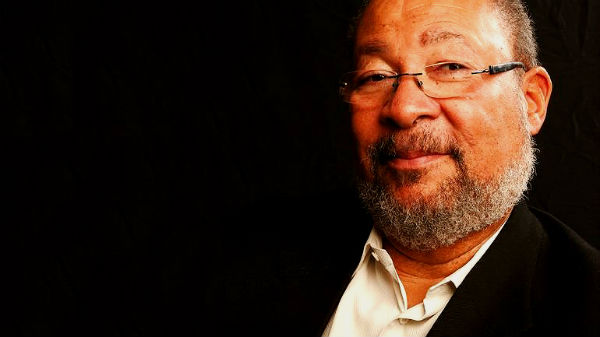 Richard Parsons, the former board leader of Citigroup Inc. and Time Warner Inc., was named chairman of the Rockefeller Foundation, the century-old philanthropy that’s funded Nobel Prize-winning researchers, helped stave off pandemics and assisted communities ravaged by natural disasters.
Richard Parsons, the former board leader of Citigroup Inc. and Time Warner Inc., was named chairman of the Rockefeller Foundation, the century-old philanthropy that’s funded Nobel Prize-winning researchers, helped stave off pandemics and assisted communities ravaged by natural disasters.
Parsons, 67, with deep Harlem roots who also serves as chairman of the Apollo Theater Foundation, part owner of Mintons in Harlem…
Parsons, 67, with deep Harlem roots who also serves as chairman of the Apollo Theater Foundation, part owner of Mintons in Harlem was appointed chairman-elect by the Rockefeller Foundation’s board on Wednesday to succeed David Rockefeller Jr., whose great-grandfather established the institution in 1913. It has a $4 billion endowment and made about 250 grants last year. In a statement, Parsons emphasized the foundation’s “innovative new approaches to the age-old problems of poverty, inequity, access and resilience.”
The appointment is “a kind of homecoming,” Parsons said. His grandfather was the head groundskeeper of Kykuit, the Rockefeller Family estate in Westchester County, and Parsons worked as a lawyer 40 years ago for then-governor Nelson Rockefeller. He joined the Rockefeller Foundation board in 2008. He also works as a senior adviser of Providence Equity Partners.
Parsons’s business, government and nonprofit experience aligns with the foundation’s own “cross-sector” approach, the foundation’s president, Judith Rodin, said in the statement.
When he takes the helm of the Rockefeller board in June, he’ll be the second black chairman, following Clifton Wharton, former head of TIAA-Cref Investment Management, who served from 1982 to 1987. Parsons’s business, government and nonprofit experience aligns with the foundation’s own “cross-sector” approach, the foundation’s president, Judith Rodin, said in the statement.
The foundation began with the fortune of John D. Rockefeller Sr., founder of Standard Oil, who wanted to move beyond charity. “Instead of giving alms to beggars,” he said, according to a history published by the foundation, “if anything can be done to remove the causes which lead to the existence of beggars, then something deeper and broader and more worthwhile will have been accomplished” (source).
Become a Harlem Insider!
By submitting this form, you are consenting to receive marketing emails from: Harlem World Magazine, 2521 1/2 west 42nd street, Los Angeles, CA, 90008, https://www.harlemworldmagazine.com. You can revoke your consent to receive emails at any time by using the SafeUnsubscribe® link, found at the bottom of every email. Emails are serviced by Constant Contact








